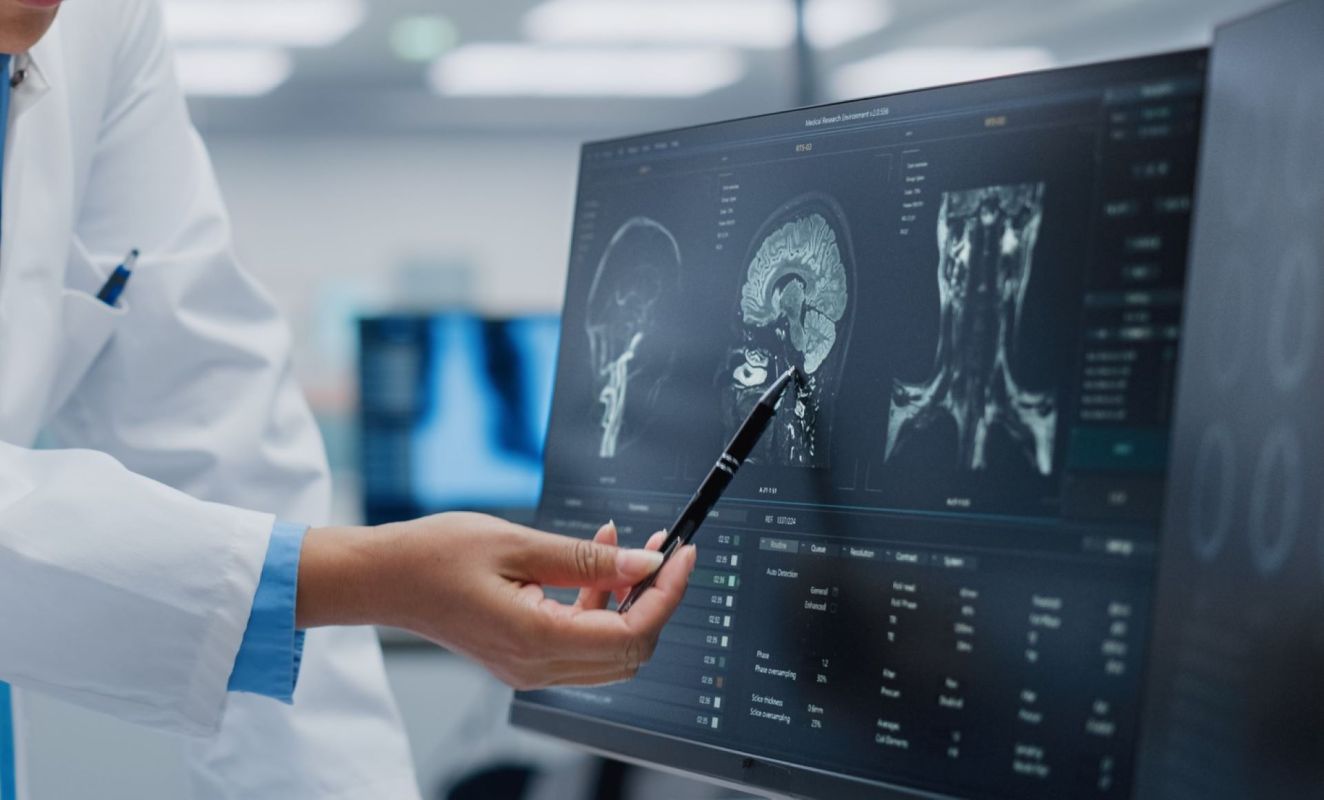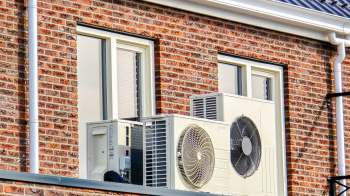A new study found that children who live near natural gas fracking wells are more likely to suffer from lymphoma, a rare cancer.
What happened?
Researchers at the University of Pittsburgh found that children living within a mile of a natural gas fracking well were up to seven times more likely to suffer from lymphoma than children who lived at least 5 miles from a well. The closer children live to a well, the higher the risk.
The study, conducted for the Pennsylvania Department of Health, looked at 498 diagnosed childhood cancer cases in eight southwest Pennsylvania counties from 2010 to 2019.
Two other studies released around the same time also investigated the health risks of fracking. One found a link between the production phase (when a well is producing gas after having been fracked) of fracking and a measure of infant health called "small for gestational age." The third study found strong evidence pointing to an increased risk of asthma during the production phase.
Raina Rippel, former director of Environmental Health Project, a nonprofit based in Pennsylvania, called these reports "the tip of the toxic iceberg" and urged the state's officials to step up their efforts to monitor fracking. "Children should not be the canaries in the coal mine here," she told Inside Climate News.
Why are these studies concerning?
The new findings add to a body of research exploring adverse health outcomes associated with fracking — so far, more than 2,200 studies on the risks and harms of fracking have been compiled in a collection published by the nonprofits Physicians for Social Responsibility and Concerned Health Professionals of New York.
For instance, an August 2022 study led by the Yale School of Public Health found that Pennsylvania children who lived within about a mile of fracking operations were twice as likely as their peers to develop the most common form of juvenile leukemia.
Meanwhile, fracking is on the rise in the United States — the number of U.S. wells fracked for natural gas and oil rose by 10 times to around 300,000 between 2000 and 2015, according to Inside Climate News. The fracking process involves injecting large amounts of water mixed with toxic chemicals and sand deep into the earth to fracture rock formations. This releases oil and natural gas.
In addition to the health risks associated with fracking, it can also lead to a loss of animal and plant habitats, species decline, migratory disruptions, land degradation, and planet-warming pollution, according to the Yale School of Public Health. Fracking has also been linked to an increase in earthquakes.
According to the Community Environmental Legal Defense Fund (CELDF), fracking also threatens cultural and historical resources and can lower property values.
TCD Picks » Upway Spotlight
💡Upway makes it easy to find discounts of up to 60% on premium e-bike brands
What can I do about fracking?
Several organizations, like the Natural Resources Defense Council (NRDC) and CELDF, work with communities to fight against fracking. In November 2010, CELDF worked in Pittsburgh to help make it the first city in the country to ban fracking. The organization has also partnered with other communities in New York, Pennsylvania, Ohio, New Mexico, and Maryland.
In addition, NRDC offers strategies online for citizens to fight back against fracking at the national, state, and local levels. The organization said that local activists are the ones who have the power to make a difference and suggested advocating for fracking bans. This could mean starting small by presenting at town meetings or to local representatives.
"For example, you could try to bar fracking in residential areas, within 5,000 feet of a school, or near parks or nature preserves," NRDC said.
Join our free newsletter for cool news and cool tips that make it easy to help yourself while helping the planet.













